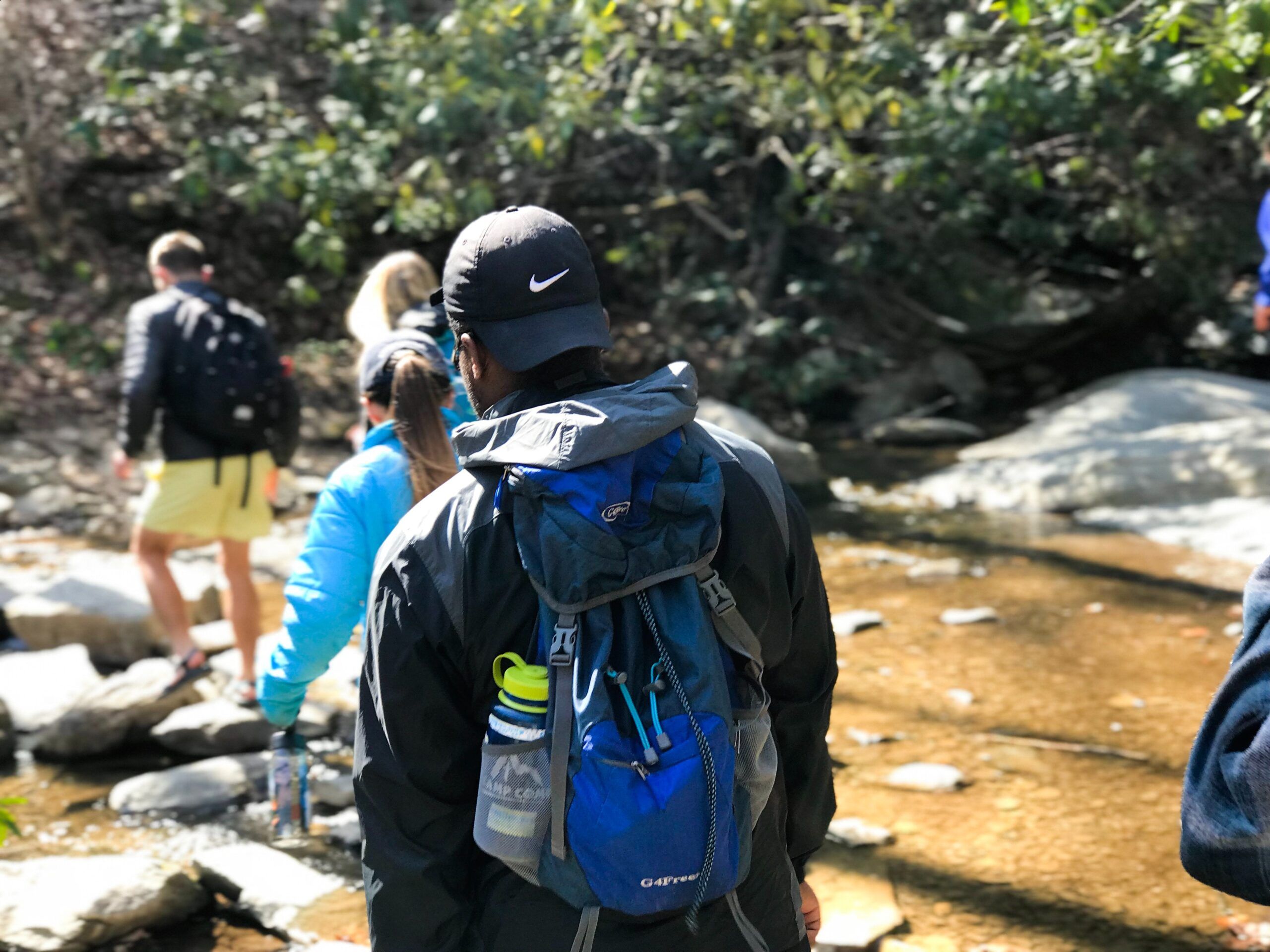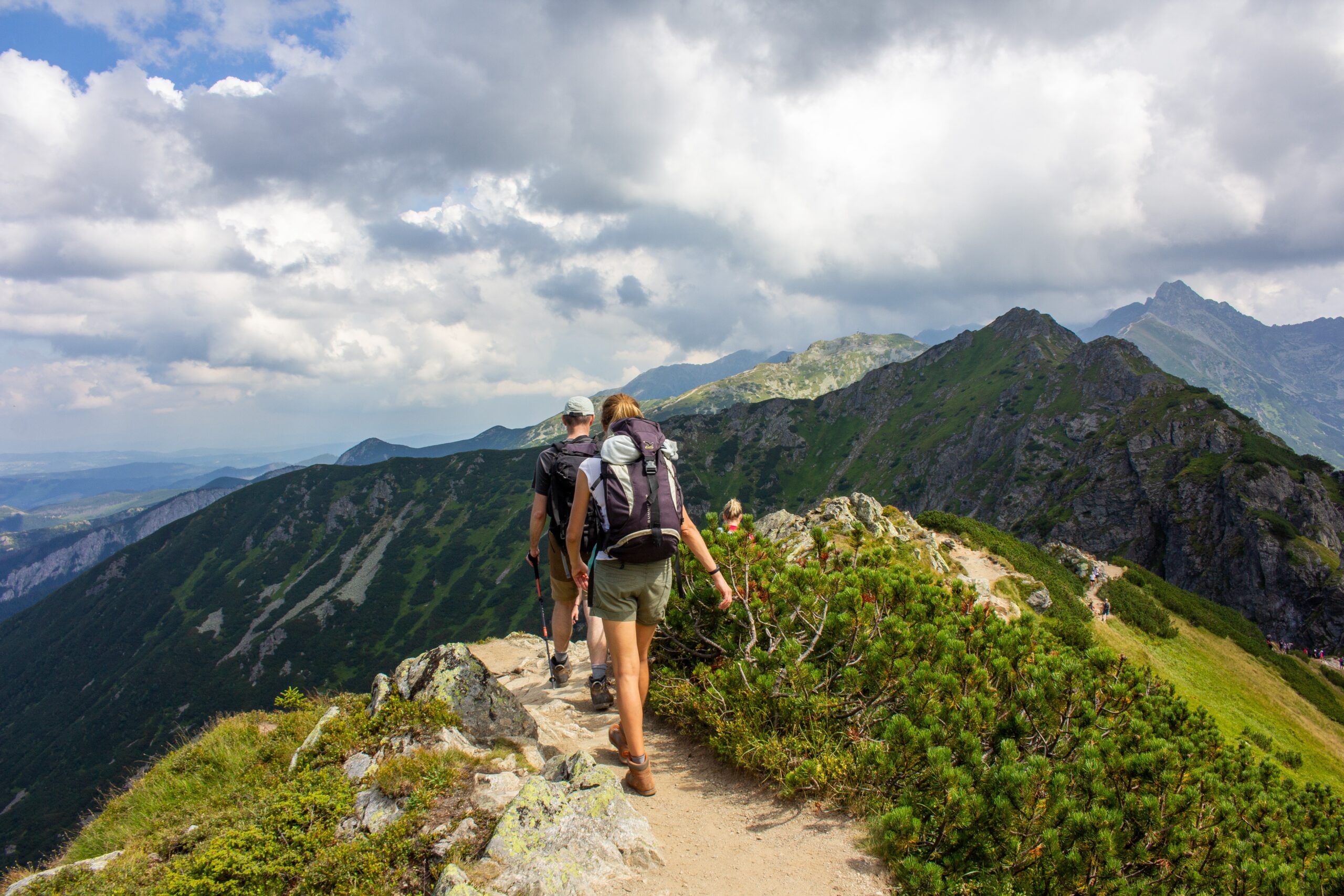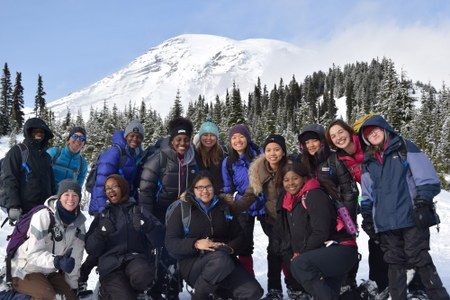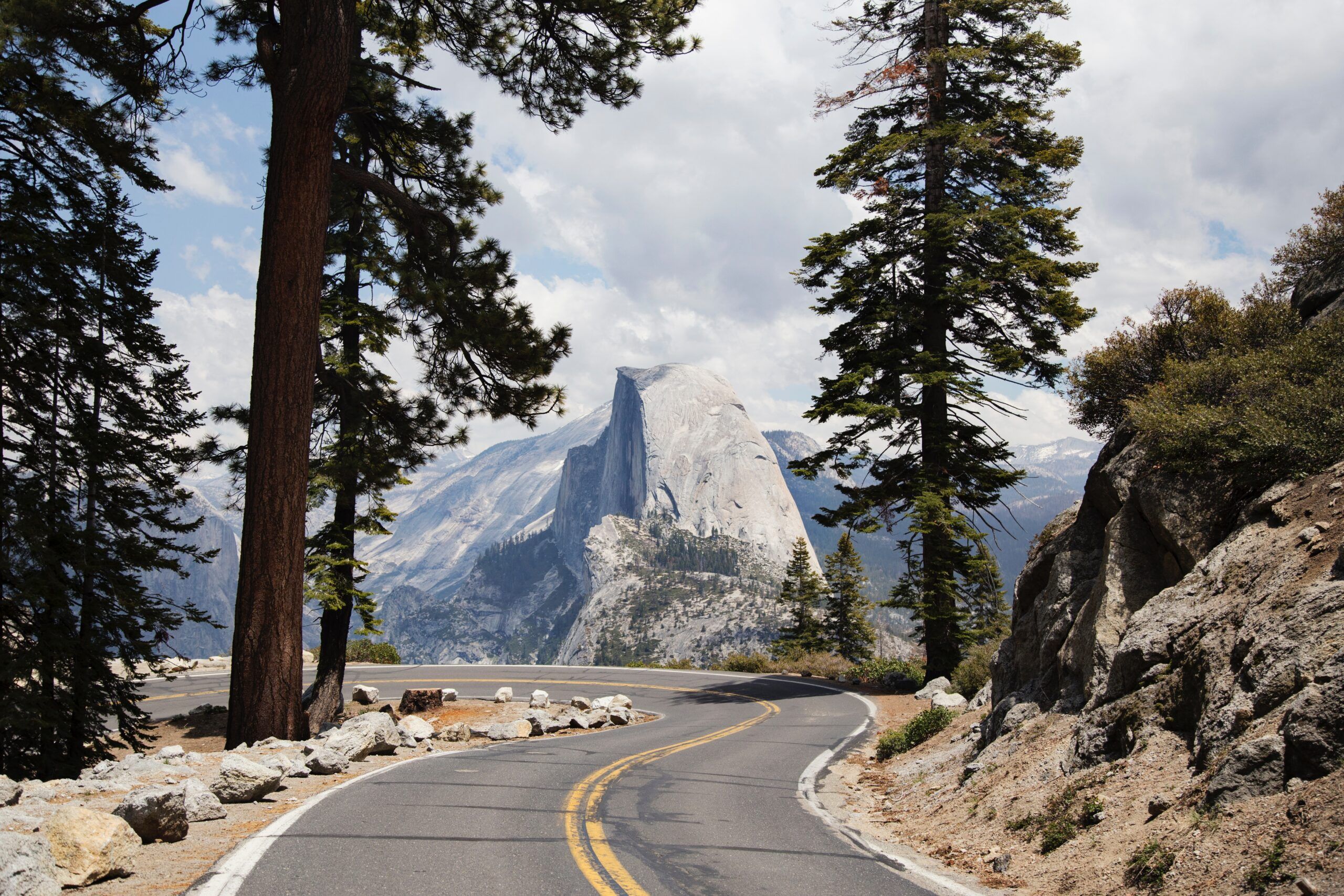Benefits of Facilitated Recreation
What exactly is facilitated recreation? Facilitated recreation refers to the process of organizing and leading recreational activities in a structured and engaging manner to ensure participants have a positive and enjoyable experience.
The term “facilitated” implies that there is a skilled individual or facilitator guiding the recreational activities. These individuals may work for a recreation center, park district, or other organization that offers outdoor programs. Facilitators may also work independently, leading their own tours or workshops.
Participant-facing outdoor facilitators must have a strong understanding of the activities they lead, as well as the skills and knowledge necessary to keep participants safe. They must also be able to communicate effectively with participants of all ages and abilities.
Having a skilled facilitator is a great way to help others enjoy the great outdoors.
What are the benefits of facilitated recreation?
Facilitated recreation offers a wide range of benefits for participants of all ages and backgrounds, from skill development to stress relief. Here are some of the ways a facilitated recreation program can elevate the experience for the groups they lead:
- Outdoor facilitators remove barriers for participants. Facilitators encourage inclusivity for people who may not otherwise have access such as people with disabilities, anxiety, physical limitations, typically marginalized groups etc. Enjoying outdoor experiences can be challenging at best, and oftentimes an insurmountable barrier facilitators can help remove.
- Outdoor facilitators help with risk management, as most of whom are required to have first aid and CPR training at a minimum. Facilitators provide more eyes and ears for potential issues and enhance the ability to provide emergency services.
- Outdoor facilitators educate as they lead experiences – proper technique, history of area, value of conservation, etc. Respect for the land is fostered through shared experiences led by experts within outdoor recreation.
- Outdoor facilitators are advocates for sustainable use and good outdoor ethics. Facilitators understand the importance of conservation and share how important habitat and conserved lands and waters are to all.
- Outdoor facilitators are leaders that provide a knowledgeable and safe experience for all who recreate. Outdoor recreation is also a great avenue to develop leadership skills.
- Outdoor facilitators help participants see the mental health benefits of the outdoors. Facilitators help with the previously mentioned areas, allowing participants to unwind and not stress about other responsibilities. Time in the outdoors can bring stress relief and improve mental clarity.
Facilitators create an environment that encourages active participation, learning, and social interaction among the participants. The overall goal for facilitators should always be to enhance the overall enjoyment for all, regardless of age, ability level, or background.
What is the future of facilitated recreation?
According to the Outdoor Recreation Roundtable (ORR), the outdoor recreation’s visibility has grown across the United States. The industry is now valued at nearly $1 trillion annual by the U.S. Department of Commerce due to the amount of Americans enjoying the outdoors. Behind this impact is the 4.5 million outdoor workers, including the facilitators.
With the unprecedented growth of the outdoor recreation industry and the increased use on our public lands, many are looking into what the future of outdoor recreation will look like in America. While we don’t have all the answers yet, the Association of Outdoor Recreation and Education (AORE) is working to empower the outdoor workforce to be relevant and connected.
As the industry continues to move forward facing challenges head on, we are seeing the questions arise such as:
- Hiring: How do we develop a more diverse and equitable workforce?
- Pay: How can we compensate staff with fair, equitable wages for work when their job often requires overnight to over a week, 24 hours a day?
- Housing: How can we pay and also provide housing in communities where work is needed with rising housing costs and lack of affordable housing?
- Certifications: How do we understand what certification and training are required, how these can be provided economically with an industry with limited or no professional development AND how to determine which certification and training providers are reputable?
- Training: How can we compensate staff for attending training and also make sure that trainer providers are fairly compensated?
- Risk and Liability: With a litigious society, and many facilitated activities happening outside of definitive care, how do we best navigate risk assessment, insurance, and liability?
- Sustainability: Facilitating people on and in natural areas can leave a lasting impact. How do we recreate responsibility, have equitable access to permits that are not time or cost prohibitive, and also deal with impacts of climate change and reduction in conservation staffing?
Additionally, the Outdoor Recreation Roundtable produced a comprehensive whitepaper that identifies a Roadmap for a 21st Century Outdoor Workforce. These questions and more are further discussed and ideas to move forward are presented.
We also have this handy PDF with the benefits of facilitated recreation to share with your networks, administrators, and more.




